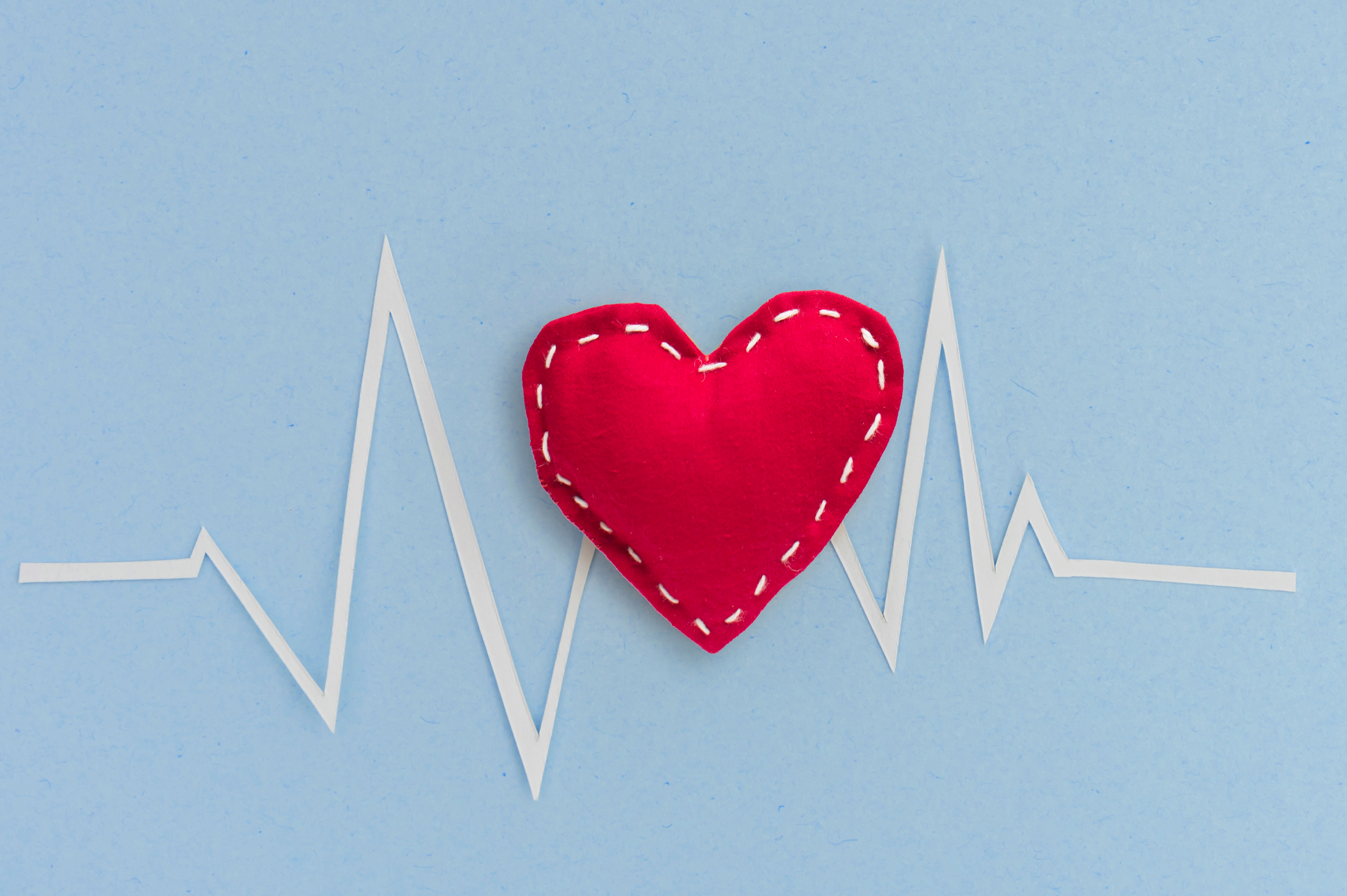7 Signs Your Body Needs a Break
Our bodies are like finely tuned instruments, constantly communicating with us through a symphony of signals. Yet, in the relentless rhythm of modern life, we often fail to heed these whispers. Ignoring the body's subtle cries for rest can lead to a crescendo of exhaustion and burnout. Recognizing these signs is crucial to maintaining our physical and mental well-being. This article delves into the 7 distinct signals your body uses to cry out for rest, offering a comprehensive understanding of how to listen and respond effectively. By tuning into these cues, you can maintain harmony in your health and life.
1. The Heavy Eyelids: Battling Fatigue

One of the most immediate and recognizable signs that your body needs rest is persistent fatigue. When your eyelids feel heavy and staying awake becomes a struggle, it's your body's way of signaling that it requires downtime to rejuvenate. Fatigue can stem from various factors such as prolonged physical exertion, mental stress, or inadequate sleep. It is crucial to understand that fatigue is not just a minor inconvenience but a significant indicator of your body's energy reserves being depleted. Ignoring this signal can lead to more severe health issues, including compromised immune function and cognitive decline. Prioritizing rest when fatigue sets in is essential for maintaining your overall vitality.
2. The Foggy Mind: Cognitive Overload

Mental clarity is often one of the first casualties of insufficient rest. Cognitive overload manifests as difficulty concentrating, forgetfulness, and a general sense of mental fog. This state can be particularly detrimental in environments that require sharp focus and decision-making. When the brain is deprived of rest, its ability to process information and perform efficiently is significantly impaired. This underscores the importance of mental rest and recovery. Techniques such as mindfulness, meditation, and ensuring adequate sleep can help clear the mental fog, allowing your brain to function optimally. Recognizing cognitive overload as a signal for rest is vital for maintaining mental acuity and productivity.
3. The Aching Muscles: Physical Exhaustion

Physical exhaustion is another clear indicator that your body is crying out for rest. Aching muscles, persistent soreness, and a general sense of physical weariness are signs that your body needs time to repair and recover. This is particularly true for those who engage in strenuous physical activities or lead a physically demanding lifestyle. Overexertion without adequate rest can lead to injuries, decreased performance, and prolonged recovery times. Listening to your body's physical cues and incorporating rest days into your routine is essential for preventing burnout and ensuring long-term physical health and endurance.
4. The Irritable Mood: Emotional Strain

Emotional well-being is closely linked to adequate rest. When the body is fatigued, it often results in heightened irritability, mood swings, and increased sensitivity to stress. This emotional strain can affect personal relationships, work performance, and overall quality of life. Recognizing irritability as a sign of needing rest is crucial for emotional regulation and mental health. Taking time to unwind, engaging in activities that promote relaxation, and ensuring sufficient sleep can help alleviate emotional strain. By addressing this signal, you can foster emotional resilience and maintain a balanced state of mind.
5. The Frequent Illness: Immune System Warning

A compromised immune system is a subtle yet serious sign that your body is in dire need of rest. Frequent colds, infections, or prolonged recovery from illness indicate that your immune system is overworked and under-supported. Rest is a critical component of immune health, allowing the body to repair and strengthen its defenses. When rest is neglected, the immune system's ability to fight off pathogens is diminished, leading to increased susceptibility to illness. Prioritizing rest and recovery is essential for bolstering your immune system and maintaining overall health and vitality.
6. The Digestive Distress: Gut Reaction

Digestive distress, such as bloating, indigestion, or changes in appetite, can be a signal that your body is stressed and in need of rest. The gut is often referred to as the "second brain," and its health is intricately linked to your overall well-being. Stress and fatigue can disrupt the delicate balance of gut flora, leading to digestive issues. Recognizing digestive distress as a cry for rest can help you address underlying stressors and promote gut health. Incorporating rest, stress management techniques, and a balanced diet can help restore digestive harmony and improve your overall health.
7. The Racing Heart: Stress and Anxiety

A racing heart or palpitations can be a physical manifestation of stress and anxiety, often exacerbated by a lack of rest. When the body is deprived of rest, it can lead to heightened stress responses, causing the heart to work harder. This can result in increased blood pressure and anxiety levels, further stressing the cardiovascular system. Recognizing a racing heart as a signal for rest is crucial for managing stress and maintaining heart health. Techniques such as deep breathing, relaxation exercises, and ensuring adequate sleep can help calm the heart and reduce stress levels.
Embracing the Whisper

Listening to your body's whispers is an essential practice for maintaining health and well-being. By recognizing and responding to these 7 signs, you can prevent burnout, enhance your physical and mental health, and improve your overall quality of life. Embracing rest as a vital component of your routine allows you to live in harmony with your body's needs. As you become attuned to these signals, you empower yourself to make informed choices that support your health and happiness. Remember, your body is your most valuable instrument—treat it with the care and respect it deserves.
Powered by Froala Editor